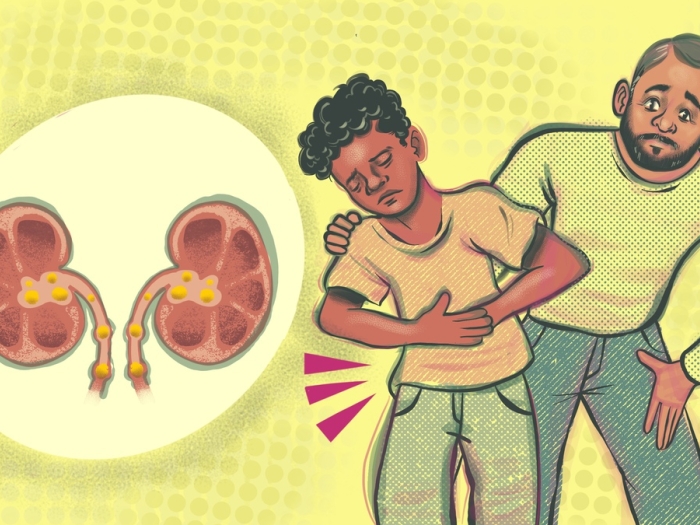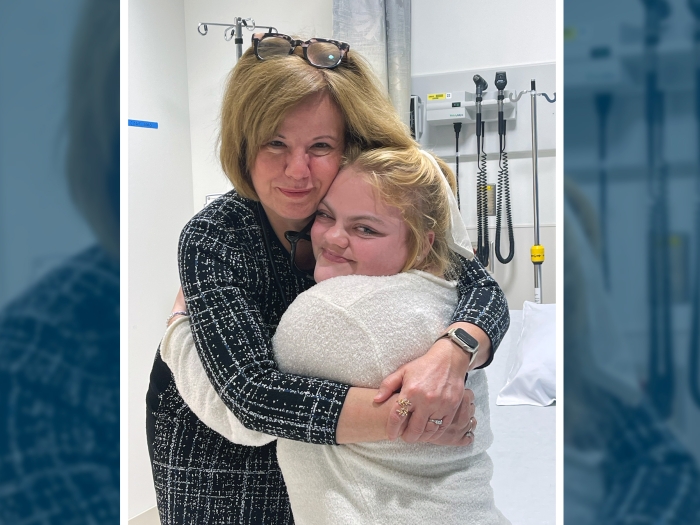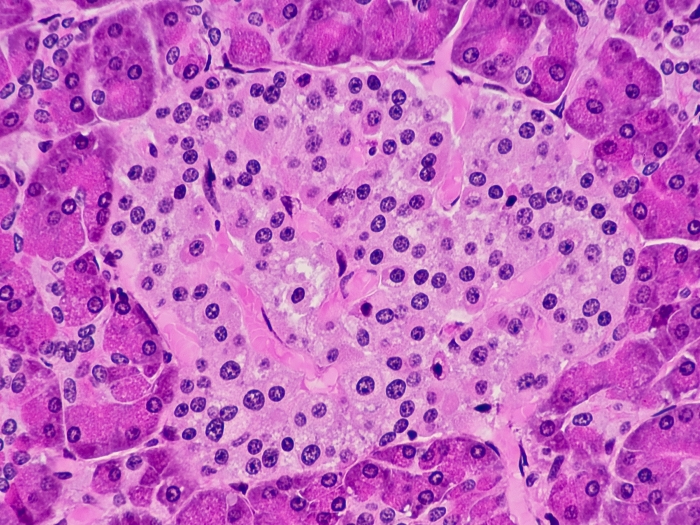Showing 1-15 of 26 results

Health Lab
A national study from Michigan Medicine shows that the use of these weight loss drugs is increasing rapidly in adolescents and young adults 12-25 years, especially females.

Health Lab
A new urine-based test addresses a major problem in prostate cancer: how to separate the slow growing form of the disease unlikely to cause harm from more aggressive cancer that needs immediate treatment.

Health Lab
Telehealth study of patient portal e-visits by Medicare participants shows few had an interaction for which their provider billed them.

Health Lab
Most people with risk factors for cardiovascular disease – what are sometimes called the Essential Eight – are managed by primary care clinics, or haven’t seen any provider recently

Health Lab
Around 10% of all deaths following percutaneous coronary intervention are potentially preventable, a study led by Michigan Medicine finds.

Department News
New website to help adolescents with disabilities learn about reproductive health.

Health Lab
Cases of kidney stones in children are increasing, but parents can minimize the chances their kids develop them.

Health Lab
A new study links two autism-associated genes together for the first time, potentially revealing a mechanism behind brain changes seen in people with autism.

Health Lab
A Michigan Medicine-led study found that transgender individuals show similar rates of severe parental morbidity and preterm birth and lower rates of cesarean delivery when compared to cisgender people.

Health Lab
Mallory Mattison serves as the inspiration behind critical medical research that’s supporting other patients like her with lipodystrophy syndromes

Health Lab
Recently approved by the Food and Drug Administration, Pluvicto is a radionuclide-labelled drug administered to patients showing promising results.

Health Lab
Teams from Vanderbilt University Medical Center and the University of Michigan design a comprehensive study that integrates multiple analytic approaches that has linked a regulatory gene network and functional defects in insulin-producing pancreatic beta cells to type 2 diabetes.

Health Lab
Research at Michigan Medicine has been working to improve the psychosocial concerns related to diabetes, which often pose issues for people living with the condition

Health Lab
A Michigan Medicine urogynecologist discusses what urinary tract infections are, how they are treated and what new research is on the horizon.